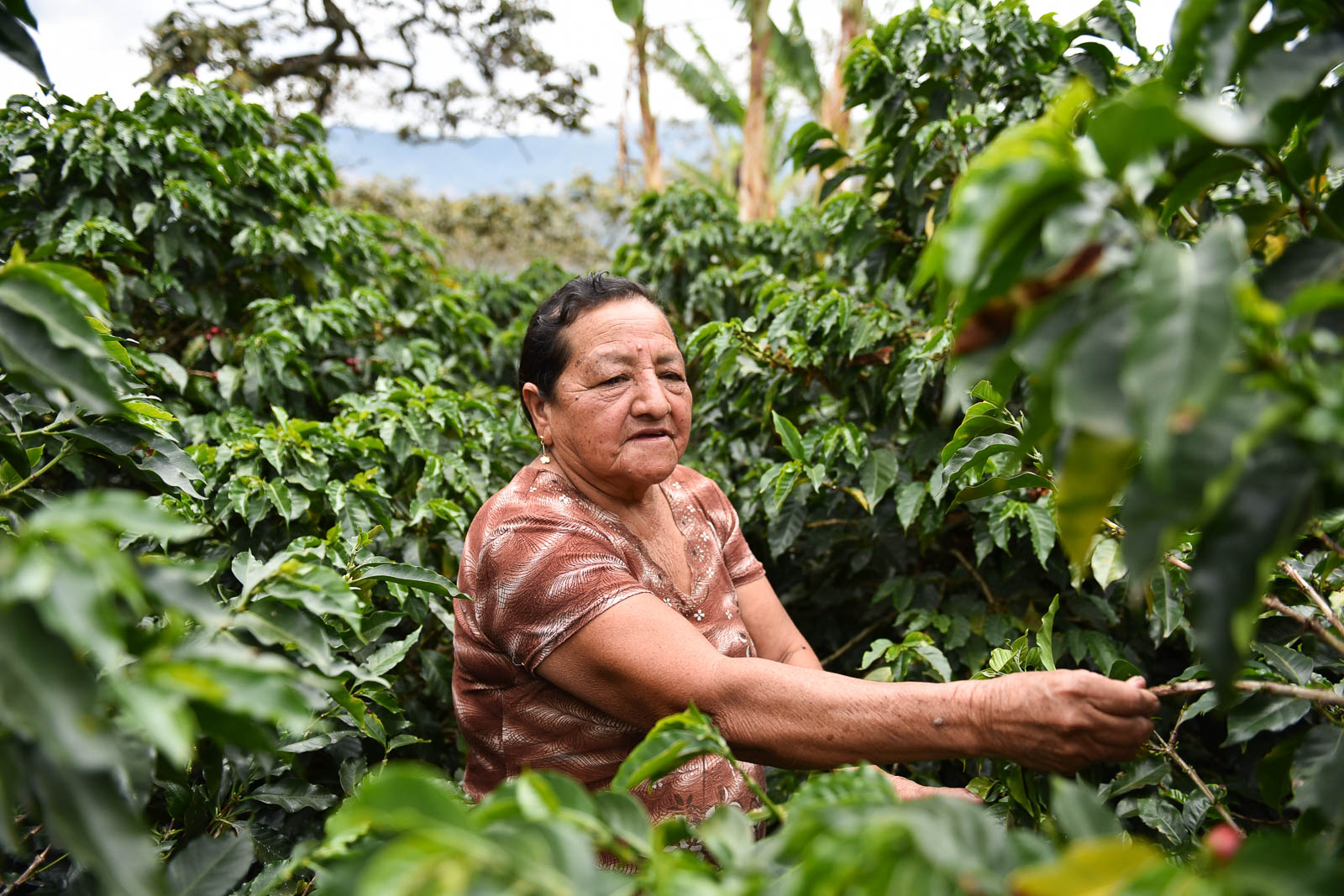Colombia’s GDP figures miss the mark despite growth in coffee, gambling industries – Latin America Reports

Colombia’s economy grew 2.0% year-on-year in the third quarter of 2024, falling behind forecast growth.
The latest GDP figures published by Colombia’s National Administrative Department of Statistics (DANE) fell short of the 2.4% growth predicted by the central bank in Bogotá.
Areas of weakness included declines in the mining and manufacturing sectors, while agriculture and entertainment buoyed the country’s economy.
The third quarter of 2024 saw a 0.2% rise in GDP compared to the end of the previous quarter, bringing cumulative growth to 1.62% during the first nine months of the year.
Despite the underwhelming macro performance, some sectors and industries experienced booming production from August to October.
Half of the year-on-year growth can be attributed to the agricultural sector, which grew by 10.7%. This expansion was especially bolstered by coffee production, accounting for 33.6% of the national GDP increase.
Jorge Bedoya, President of the Society of Colombian Farmers (SAC), suggested that the headstrong agricultural sector was the product of low agricultural input costs combined with optimal climate conditions.
Fishing and aquaculture also experienced a marked growth of 18.2%, further boosting the broader agro-economy.
The second largest area of growth was the entertainment sector, which grew by 14.1%.
The biggest driver of this surge was the online betting industry, according to Piedad Urdinola, Director of the DANE.
“The rise in online gambling continues to be the principal driver of this growth, especially during the summer in the northern hemisphere, when sporting events like cup finals and leagues generate significant activity,” she commented.
Events like the Copa América and the World Cup 2026 qualifiers stimulated online sports betting, which contributed to the broader sector’s growth.
Despite these success stories, key sectors experienced declines in output: mining saw a 7.1% drop in production year-on-year, while manufacturing fell 1.3%.
Bruce Mac Master, President of the Colombian National Association of Business People (ANDI), called for the government to act to boost the mining industry.
“It is very important that the government urgently introduces one of the measures that have been proposed to them to support the [mining] industry,” he said.
Mac Master argued that mining is “one of the few industries capable of distributing wealth among a good part of the population.”
But the Petro government believes the route to faster growth lies in tightening monetary policy.
President Gustavo Petro has been at odds with the country’s central bank which is taking a cautious approach, opting for gradual rate reductions.
The leader is instead pushing for deeper rate cuts to jumpstart the economy.
The benchmark interest rate now stands at 9.75%, its lowest level in two years. Rates have been slashed by 320 points since January, with the most recent decision on October 31 seeing the bank opt for a 0.5% cut.
Inflation has also been falling, with the DANE reporting a 5.41% rate in October compared to the 10.48% seen in the same month last year.
The latest GDP figures, coupled with rapidly falling inflation, may lend support for President Petro’s calls for faster paced interest rate cuts.
But some economists worry that decreasing rates too quickly may produce inflationary pressures.
Related
I became a millionaire in my 20s but my sports…
Millions wagered, hundreds of thousands in debt and a pending divorce.Joe C, a native of Chicago, fell into the depths of addictive sports gambling at the age o
Strip executive retiring after 3 decades with gambling giant MGM…
A top executive who oversees multiple properties on the Strip, including one of Las Vegas Boulevard’s most recognizable and successful casino-hotels, is
Danish Government’s Success with Gambling Addiction
Gambling addiction is a growing concern worldwide, with many countries struggling to find effective ways to regulate the industry. Denmark, however, has e
UFC 313 Gambling Preview: Will Magomed Ankalaev end Alex Pereira’s…
Alex Pereira is back! On Saturday, Pereira puts his light heavyweight title on the line against Magomed Ankalaev in the main event of UFC 313. Before that, J












